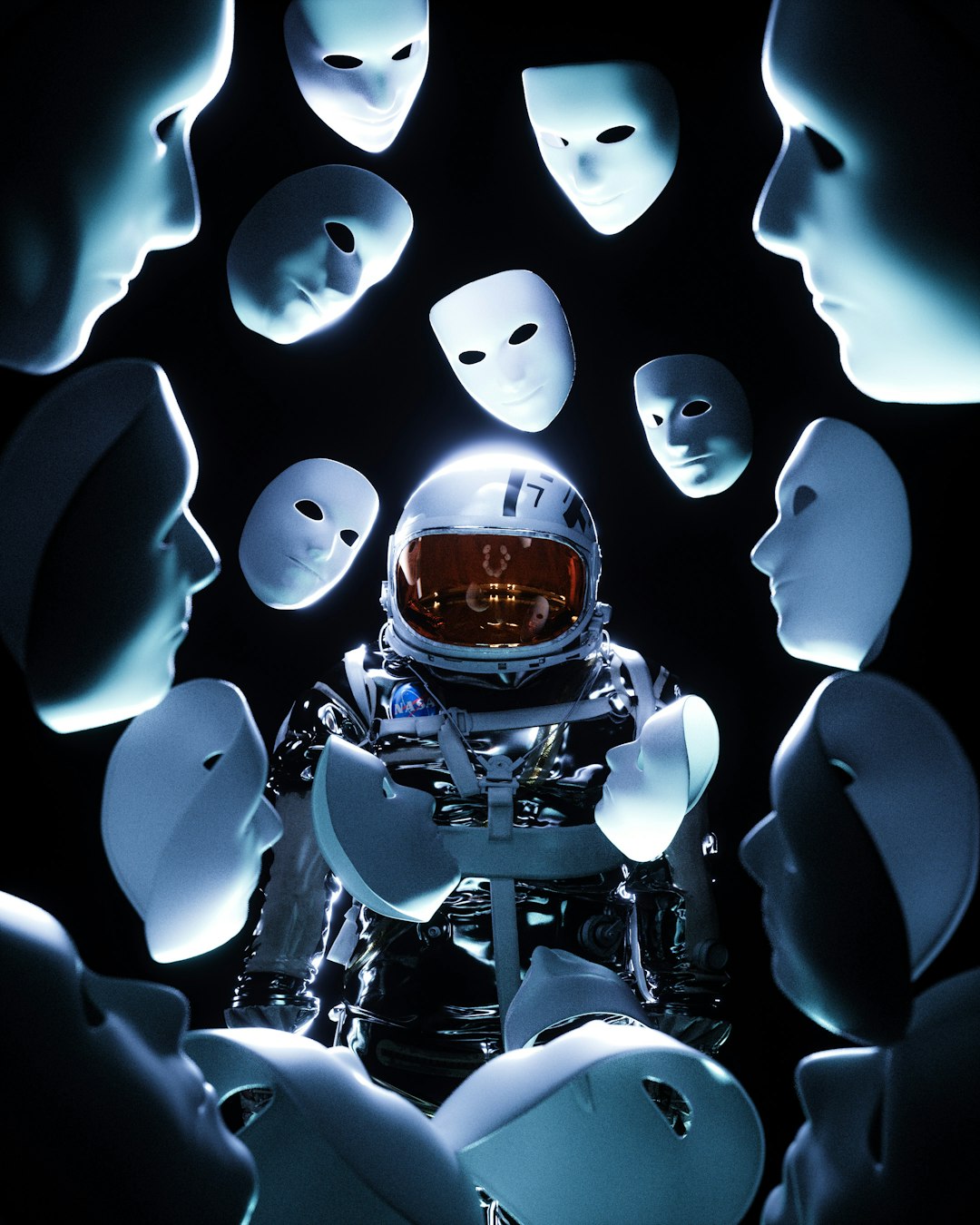Time travel is one of those universally intriguing possibilities that almost anyone with an imagination and a curious mind has been captivated by at some point or another. If you’re here, you no doubt have both, and so, let’s talk about time travel!
What is time travel?
Let me first get this out of the way—I’m not here to speak about this scientifically. As interesting as that subject may be, I’m here to discuss time within the framework of a story. That said, we need a baseline.
Most scientists conclude that time travel is a scientific impossibility. The possible exception is through a wormhole, or by way of a black hole, but since the former is unproven and the latter largely unknown and almost certainly un-survivable, we are left with our curiosities squelched. The third possibility would be to change the speed of time through faster-than-light travel, but since 1) this merely changes the speed of time, not the direction, and 2) faster-than-light travel is a scientific impossibility as we know it in its own right, we are left back at square one.
I will say this, however: time as we know it is not only one-dimensional, it is directional—in essence, experientially as humans, it’s half-dimensional. It is often lumped in with our three spatial dimensions and packaged as the 4th dimension of space-time.
Now, in three dimensions, we can move up/down, left/right, forward/backward, like a cube. In two dimensions, you remove one dimension—now we have a square. And in one dimension, you remove two, leaving us with a single line.
So what remains is forward/backward (as we think of it regarding time) in time, but we can’t actually go backward, nor can we control our speed going forward. It’s like being stuck on a train going a single, unchanging speed. Or perhaps, since time appears to be direction-aware, we should say the velocity of time? I’ll leave that to better minds.
But there are various theories as to how time operates outside of our own limited perception. Here are the common forms most often echoed in stories.
What are the theories of time?
1- The kind that is singular, but can be changed. In this theory, there is one timeline and one only, and utmost caution must be taken in any time travel, as time travelers become a brand new part of the landscape, and anything they alter could have disastrous effects down the timeline. You might return to a world you don’t recognize, or you might blink out of existence because one of your parents no longer exists, either, or they never met, or time travel was never invented. This kind of time travel is fraught with peril and should not be attempted.
2- The kind that is singular, but cannot be changed. In this theory, time is utterly permanent. The future, perhaps, is hazy and changeable, but the past is set in stone. Either you are mere spectators on past time travel, or what happens had always happened, or the universe finds a way to correct itself. Whichever the case may be, it is safe to time-travel as far as existential crises are concerned. Your personal wellbeing may vary.
3- The kind that is multiple, and every change creates a new timeline. This is a part of the infinite universe theory. It’s like chaos theory, but instead of (e.g.) a butterfly’s wings creating a ripple effect that creates a hurricane across the globe, every interaction and decision splinters off a new parallel universe, infinitely and forever. The danger here is that you will get lost in the multiverse and never find your own prime universe again—a universe that splintered off at some unknown point in the past. It’s similar to the first theory from the time travelers POV, in that you may never find your way home, but differs in that home still exists, a grain of sand on an infinite beach.
4- The kind that is multiple, but only big changes create a new timeline. This is more like multiple universe theory rather than infinite universe theory. Otherwise, the concept and risk is the same, but it would take a much bigger event to splinter off a new universe than, say, whether you chose to wear a hat or not that morning.

What is a time-travel story?
Now here’s the real question! Since this is a story site, not a science site... So let’s discuss the types of time-travel stories we see in fiction.
Disclaimer: There will almost certainly be some overlap here. A story may fit in more than one category.
1- There and back again, aka The Hobbit type. In which our MCs travel in time, either intentionally or accidentally, and immediately (or very soon thereafter when confronted with the gravity of their situation) wish to return to present time, but must make the most of their situation until it’s possible.
Think of Timeline by Crichton, Back to the Future, Doomsday Book by Willis.
2- I want to change something! In which our MCs travel in time, perhaps repeatedly, and wish to change something about the past in order to change the future.
Think of the “killing baby Hitler” thought experiment, Back to the Future 2, 11/22/63 by King, 12 Monkeys, The Door Into Summer by Heinlein, X-Men: Days of Future Past, The Adam Project, or the AI who sent back the Terminator to kill John Connor and/or his mother.
3- Stuck in a time loop, oh no! In which our MCs get caught in a recurring loop of time, usually unbeknownst to them at first, and often must do something to break out of it.
Think Groundhog Day, that one episode in Agents of SHIELD (S7.9), Edge of Tomorrow, The 7 1/2 Deaths of Evelyn Hardcastle by Turton, ARQ, Triangle, Russian Doll, The Map of Tiny Perfect Things.
4- Can’t help myself! In which internal circumstances brought on by drugs, genetic conditions, extreme trauma, supernatural beings, or other situations out of the MC’s control cause them, and often them only, to time travel.
Think Time Traveler’s Wife by Niffenegger, Slaughterhouse Five by Vonnegut, Synchronic, A Christmas Carol by Dickens, Forgery of Venus by Chabon, or Donnie Darko.
5- Time is a 3-dimensional thing to me. In which our character can roam freely throughout time by will or device, to whatever end they desire. Although they may encounter resistance and complications (what kind of story would it be if they didn’t?), and there may be limitations, and they may not be in full control of when they go, this character is in essence a powerful time being, traveling and/or manipulating time in supernatural ways.
Think Dr Strange, Here, There, and Everywhere by Roberson, Tenet, Looper, Dr Who, Time Bandits, The Umbrella Academy, Prince of Persia, Max Payne, or The Time Machine by HG Wells.
6- I’ve made a mess of things. In which our MCs have, in fact, changed something, and now it’s a big mess, so they try to change something else, and it’s a bigger mess, ad nauseum. This is the type of story that is most likely to make your head spin, and a common theme of indie movies. They tend to end up with multiple versions of themselves, like that movie Multiplicity with Michael Keaton, but instead of clones it’s the same person at a different point in their personal timeline.
Think Timecrimes, Primer, Frequently Asked Questions about Time Travel, Synchronicity, Paradox, The Butterfly Effect.
7- It’s a portal! Portal stories require a specific location to transport through time and/or space. This would be where wormhole and black hole stories would fit, for instance.
Think of La Brea, Interstellar, Sliders, Time Trap, Dark.
8- Trapped in a temporal anomaly. This might well be the least common type, but is nonetheless intriguing. It’s implications often go well beyond mere time travel, and into how the universe itself works. In the anomaly, time does not behave in the normal fashion. How that plays out can vary. It’s not straight-up time travel, but is a story about the manipulation of time.
Think of The Endless, Lost, Things Will Be Different.
How does time travel figure into the story?
This might seem like a similar question to the above, but we’ll come at it from another angle. Here I’m wondering how time travel fits into the structure of the story.
1- The entire premise relies on it. Most time travel stories are time travel stories because time travel stories are cool, and therefore the entire premise is time travel and the story doesn’t exist without time travel. Did I say “time travel” enough?
2- It’s a vehicle to jumpstart the plot. Some there-and-back-again stories and portal stories, in particular, fit this mold. The author wanted to set the story in olden times, but with contemporary characters more like the reader, so time travel gets them there. A Connecticut Yankee in King Arthur’s Court by Dickens is a good example.
3- It’s a plot device but the story could work without it. Time travel is cool and fun, so it can be integrated into a plot that doesn’t otherwise rely on it. Think HP and the Prisoner of Azkaban. The time travel device Hermione uses figures strongly into the plot, but it’s not the focus of the plot.
4- It’s just a fun aside. Time travel is completely unnecessary to the story, but it’s fun, so it was tossed in with other tropes. I can’t think of examples of this, but I bet it’s happened!
As for me—my only foray into writing time travel is within the framework of Roda and “The Wandering Cave,” i.e. a portal fantasy within a fantasy world. One of my other stories features a time loop, but as it’s not immediately apparent, I will forgo saying which—if you’ve read it, I trust you know.
Travel to the comments section with this button:
More like this:
Update and Essays
First off, I had a new story published by Aphelion! It is called “Far Down Trodden Paths” and is a Roda story. Be sure to check it out to follow the ongoing mythos of Roda, the wandering cave, and the senseens.
God's Womb
The following story is a deep dive into the nature of a fictional universe that may or may not be our own. Despite the apparent pen name, Scare (as we call the author for short) is a real human with a real everyday name, and not AI (so far as I can tell.) Check out his story below the jump!
The Withering Sky
The following story will evoke visceral reactions to anyone with fear of abandonment or the great unknown. A derelict ship, like the one in this story, contains thoughts of “what once was” in addition to “what happened here?” which leads to both mystery and dread. Proceed at your own risk.







5 cases of time travel and the explanation : https://arthur3144.substack.com/p/time-travel
What about a person's abilities to say see the future in dreams or visions? Doesn't this break the laws of time being a single line? 🤔